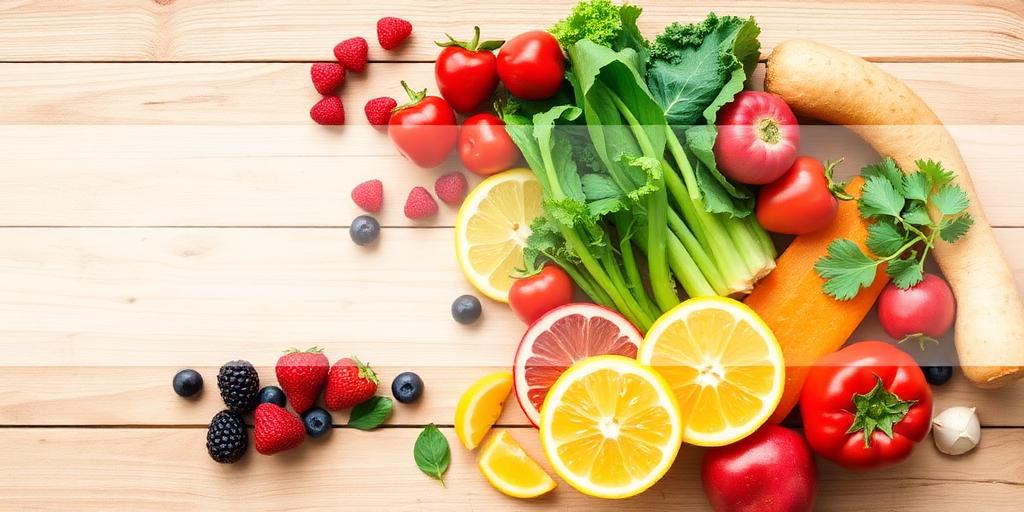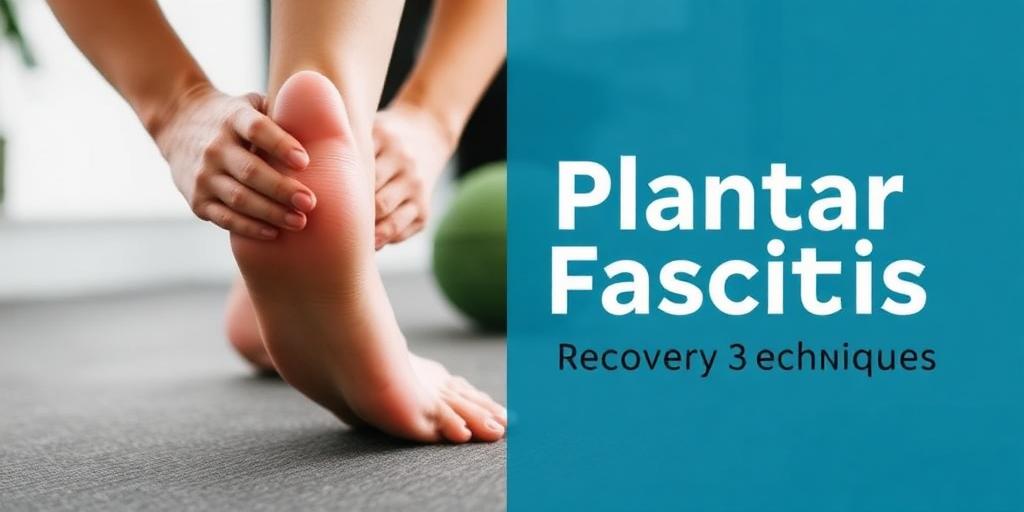Debunking Common Nutrition Myths
In a world saturated with dietary advice, it's challenging to distinguish fact from fiction. Many widely held beliefs about nutrition are not supported by scientific evidence. This article aims to debunk some common nutrition myths, providing clarity and evidence-based insights to help you make informed dietary choices.
Myth 1: All Calories Are Created Equal
The Myth: A calorie is a calorie, regardless of the food source.
The Reality: While it’s true that a calorie is a unit of energy, the source of those calories significantly impacts your body. Different foods affect hormone levels, satiety, and metabolic rate differently. For instance, 100 calories from broccoli will have a vastly different effect on your body compared to 100 calories from a processed snack.
- Macronutrient Composition: The ratio of protein, carbohydrates, and fats in your diet influences how your body processes energy. Protein, for example, has a higher thermic effect, meaning your body burns more calories digesting it.
- Nutrient Density: Nutrient-dense foods provide vitamins, minerals, and antioxidants, contributing to overall health. Empty calories, found in processed foods, offer minimal nutritional value.
Myth 2: Eating Fat Makes You Fat
The Myth: Consuming fat leads to weight gain.
The Reality: This is an oversimplification. The type of fat you eat and the overall context of your diet matter more than the total fat intake. Healthy fats are essential for hormone production, brain function, and nutrient absorption.
- Healthy Fats: Unsaturated fats, like those found in avocados, nuts, seeds, and olive oil, are beneficial for heart health.
- Unhealthy Fats: Saturated and trans fats, often found in processed foods, can raise cholesterol levels and increase the risk of heart disease. Moderation and mindful choices are key.
Myth 3: Carbs Are the Enemy
The Myth: Carbohydrates should be avoided for weight loss and health.
The Reality: Not all carbs are created equal. Complex carbohydrates, such as whole grains, fruits, and vegetables, provide fiber, vitamins, and sustained energy. Refined carbohydrates, like white bread and sugary snacks, can lead to rapid blood sugar spikes and crashes.
- Complex Carbs: Choose whole, unprocessed sources of carbohydrates that offer additional nutrients and fiber.
- Simple Carbs: Limit intake of added sugars and refined grains, which contribute to weight gain and health issues.
Myth 4: Skipping Meals Helps You Lose Weight
The Myth: Skipping meals reduces calorie intake and promotes weight loss.
The Reality: Skipping meals can lead to overeating later in the day and may disrupt your metabolism. Consistent, balanced meals help regulate blood sugar levels and prevent cravings.
- Metabolic Impact: Prolonged periods without food can slow down your metabolism as your body conserves energy.
- Balanced Meals: Focus on regular, nutrient-rich meals to maintain energy levels and support weight management.
Myth 5: Detox Diets Are Necessary for Health
The Myth: Detox diets eliminate toxins and improve health.
The Reality: Your body has natural detoxification systems, primarily the liver and kidneys. Detox diets are often restrictive, unsustainable, and lack scientific evidence to support their claims. Focus on a balanced diet, hydration, and regular exercise to support your body's natural detoxification processes.
- Natural Detoxification: Support your liver and kidneys with a diet rich in fruits, vegetables, and water.
- Sustainable Habits: Prioritize long-term healthy eating habits over short-term detox programs.
Conclusion
Navigating the world of nutrition requires critical thinking and an evidence-based approach. By debunking these common myths, you can make informed choices that support your health and well-being. Always consult with a registered dietitian or healthcare provider for personalized nutrition advice. Remember, sustainable and balanced eating habits are the key to long-term health.









